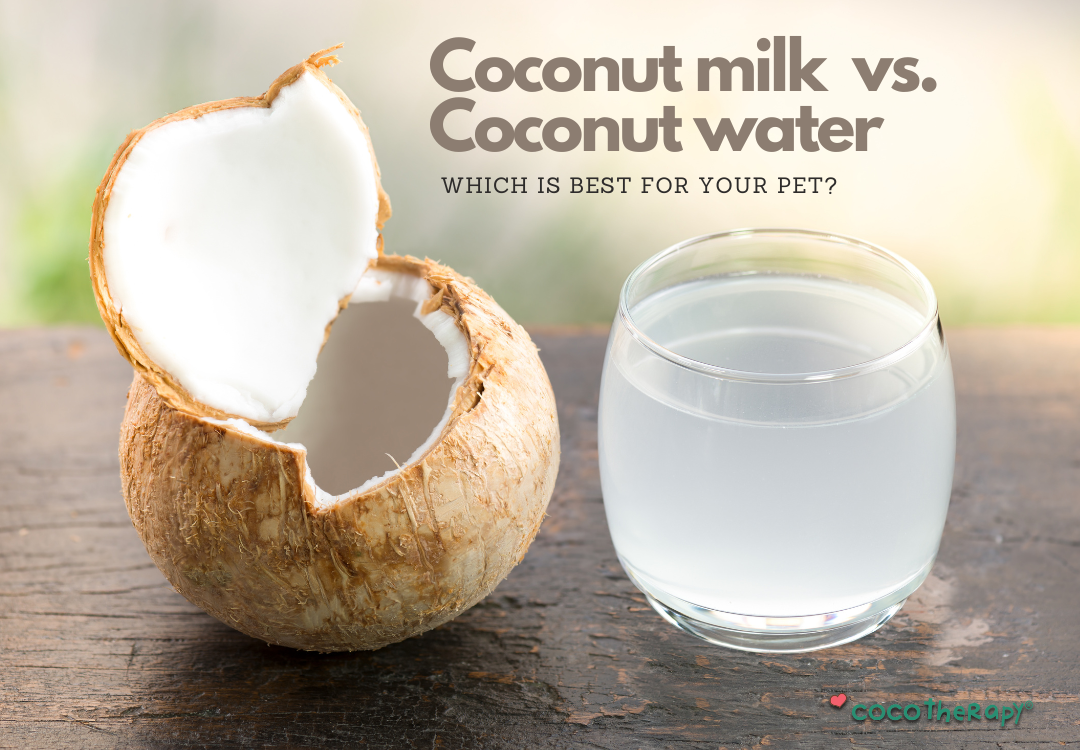Did you know that turmeric, a golden spice renowned for its health benefits in humans, is gaining popularity among pet parents for its potential to enhance the wellbeing of our furry friends? That's right, this super spice that's commonly found in our kitchen cabinets can be beneficial for everything from heart health to digestion in cats and dogs.
Understanding the spice's origins, key components, and how to incorporate it safely into your pet's diet is essential for harnessing its healing powers. So, in this post, we'll examine these aspects and help you decide if turmeric is right for your pet.
Understanding Turmeric and Its Key Components
Turmeric, a staple ingredient in both traditional medicine and culinary practices, contains curcumin, a compound celebrated for its anti-inflammatory and antioxidant effects. However, curcumin has low bioavailability, meaning it's not easily absorbed by the body. For this reason, it's often combined with black pepper or piperine, and a healthy, stable fat that isn't prone to oxidation, to increase its absorption.
For centuries, cultures across the globe have embraced the use of turmeric, not only for its flavor but also for its medicinal properties. In Ayurvedic medicine, turmeric is used to treat a range of ailments from respiratory conditions to inflammation.
Curcumin itself has been the subject of numerous studies, which have shown its potential in reducing the symptoms of chronic conditions like arthritis and even certain cancers. In the next section, we'll highlight some of these key health benefits and explain how turmeric can help your pet.

Health Benefits of Turmeric for Pets
The natural properties of turmeric, particularly its anti-inflammatory and antioxidant capabilities, offer significant health benefits for pets:
- Anti-inflammatory powerhouse. The curcumin in turmeric is known for its potent anti-inflammatory properties, making it an excellent supplement for pets suffering from conditions like arthritis and joint pain. By reducing inflammation, turmeric can help alleviate discomfort and improve mobility.
- Cancer-fighting potential. Turmeric has been studied for its ability to combat cancer cells and inhibit tumor growth. Its natural antioxidant properties may provide a complementary approach to traditional cancer treatments for pets.
- Digestive aid. For pets with gastrointestinal issues such as IBD, turmeric can be a valuable dietary addition. It helps soothe digestive inflammation and promote overall gut health, contributing to better digestion and absorption of nutrients.
- Heart health. Turmeric offers valuable cardiovascular benefits, helping to maintain healthy blood pressure levels and cholesterol profiles in pets. These benefits are particularly crucial for the heart health of aging pets.
- Neuroprotective effects. Turmeric's positive impact on brain health is another reason to consider it for your pet's diet. It may help protect against cognitive decline and support overall brain function in senior pets.
- Antimicrobial properties. Turmeric is antiviral, antibacterial, and antifungal, making it a potent weapon in the fight against infections and illnesses in pets. It can also help boost their immune system, keeping them healthy and resilient against diseases.
Why Whole and Organic Matter
When enhancing your pet's diet with turmeric, it's essential to consider the form and quality of this powerful spice. Research indicates that using whole turmeric root is more effective than isolated curcumin extract. This is because the root contains a combination of natural compounds that work together in a complex and synergistic way.
These compounds, including essential oils and antioxidants, contribute to the root's anti-inflammatory and immune-boosting effects, which can be reduced when curcumin is purified on its own.
Equally important is choosing USDA-certified organic turmeric. This ensures that the turmeric is free from synthetic pesticides and fertilizers that can accumulate in the root and potentially harm your pet.
Spices typically undergo irradiation processes to prolong shelf life, which can involve questionable substances. Selecting USDA-certified organic turmeric ensures that you're getting what you pay for. Opting for organic not only supports your pet's health more effectively but also contributes to safer agricultural practices.
How to Safely Incorporate Turmeric into Your Pet's Diet
Introducing turmeric into your pet's diet can be done in various ways, from adding a sprinkle of turmeric powder to their food to creating homemade turmeric treats. If you’re not one for baking, we have a delicious, organic turmeric treat, Coco-Milk Bones Carrot & Turmeric that will provide your pet with this beneficial ingredient. You can also give your furry friend turmeric supplements specifically formulated for pets.
Golden paste, a mixture of turmeric powder, coconut oil, and black pepper, is another great way to add turmeric to your pet's diet. And if you've read this far, we'll let you in on a little secret. Something new is coming: we've spent the past year developing a delicious, highly bioavailable turmeric-based supplement for pets called CocoTherapy Coco-Gold™.
We'll draw back the curtain on CocoTherapy Coco-Gold™ and how it’s unique in our upcoming blog post. But for now, just know that it's a tasty, easy-to-administer supplement that offers all the benefits of turmeric and more. Stay tuned!
Precautions When Using Turmeric for Pets
While turmeric offers a wide range of fantastic health benefits for pets, it may not be suitable for every animal. That's why we recommend consulting with your veterinarian before incorporating any new supplement into your pet's diet.
While side effect are very uncommon with turmeric, here are a few precautions to keep in mind when considering using it for your pet:
- Quality and source matters. When using turmeric for your pets, know where the turmeric comes from and be sure to use a certified-organic product to ensure that it's free of pesticides, chemical by-products, and irradiation.
- Dosage matters. Turmeric is safe for most pets, but it's essential to follow proper dosage guidelines to avoid any adverse effects. Your veterinarian can help determine the right amount of turmeric for your pet based on their weight and health condition.
- Possible side effects. In rare cases, pets may experience stomach upset or allergic reactions to turmeric. If you notice any adverse side effects after starting your pet on turmeric, contact your vet immediately. To avoid gastric upset, it is best taken with a meal and not on an empty stomach.
- Interactions with medications. As with any supplement, there's a chance of drug interactions when taking turmeric. It's essential to inform your veterinarian about all the medications and supplements your pet is taking before adding turmeric to their diet.
- Certain pets should avoid turmeric. Pets with underlying health conditions such as gallbladder issues or bile duct obstructions may be more sensitive to turmeric and should avoid it altogether. Again, always consult with your vet before introducing any new supplement into your pet's diet.
Is Turmeric the Right Choice for Your Pet?
Incorporating turmeric into your pet's diet can offer numerous health benefits, from reducing inflammation to supporting heart and brain health. For years, integrative veterinarians have relied on and recommended this powerful ingredient to enhance your pet's health and wellness. Just make sure to consult with your vet and follow proper dosage guidelines to ensure a safe and effective experience for your pet. Because source and proper processing can greatly affect absorption and efficacy of turmeric, make sure to do your homework and select a brand that you trust.
Stay tuned for our upcoming blog post, where we'll introduce CocoTherapy Coco-Gold™, the ultimate, highly-bioavailable turmeric supplement for pets! We're excited to share this all-natural, delicious product with you and your furry family members.



